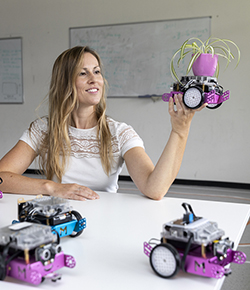
Assistant professor & founding member
Click for more ...

Assistant professor & founding member
Click for more ...
Tessa Verhoef conducts research at the intersection of language, cognition, cultural evolution and computation. After finishing a BSc and MSc in Artificial Intelligence, she obtained her PhD in Language Evolution at the University of Amsterdam. Before joining the Leiden Institute of Advanced Computer Science (LIACS) she was a postdoc at the University of California, San Diego, where she conducted her NWO Rubicon research at the Center for Research in Language (CRL) and became a Frontiers of Innovation Scholars Program (FISP) fellow at the departments of Communication and Electrical and Computer Engineering. Currently, she is an assistant professor in the Media Technology program at Leiden University where she co-founded the Creative Intelligence Lab (CIL). Her on-going research models the combined influence of cognitive biases and learning on emerging languages in various domains including gesture, cross-modal perception and space-time cognition. In addition, she loves building robots and her most recent activities involve new studies in human-machine interaction, synchronization and machine learning. Besides developing and running studies in the lab, she designs live exhibits to bring scientific questions, experiments and lectures to museums and festivals (most recently featured at Lowlands)

Assistant professor & founding member
Click for more ...
Max van Duijn (1984) has a background in language, literature, and cognitive science. After completing his MPhil he took up a PhD position at Leiden University and the Social and Evolutionary Neuroscience Research Group (SENRG) at the University of Oxford, where he worked on specific social-cognitive features (esp. Theory of Mind and recursive intentionality; A believes that B thinks that C wants….etc) in relation to language and narrative. He co-initiated the Fraternity Friendship Study (FFS), a longitudinal investigation of network formation, social cognition, and cultural evolution in student fraternities. From 2016 he started working at the Leiden Institute of Advanced Computer Science, where he joined the board of the MSc in MediaTechnology and co-founded the Creative Intelligence Lab together with Tessa Verhoef. His NWO Veni project, which started in Januari 2020, aims to collect large numbers of stories told by children of different ages in order to extract features relevant to character construction and "fictional minds". This fuels new ways in which Theory of Mind and recursive intentionality can be understood in human development and how it can be modelled in artificial cognitive systems. His work is published in English and Dutch, in scholarly as well as popular venues.

Associate professor
Click for more ...
Rob Saunders is Associate Professor in the Leiden Institute of Advanced Computer Science (LIACS). Saunders studied Artificial Intelligence at The University of Edinburgh and received his Ph.D. in Architecture from The University of Sydney. His research in Computational Creativity explores the role of intrinsic motivation, emergent languages and physical embodiment in the computational modelling of creative processes, creative individuals and creative societies. His collaborative robotic art practice provides a platform for knowledge mobilisation by materially engaging audiences in questions of machine creativity. He is a founding member of the Association of Computational Creativity.
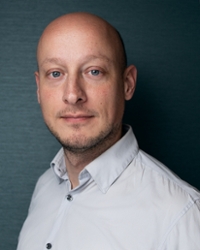
Assistant Professor
Click for more ...
Roy de Kleijn is an assistant professor at Leiden University, lecturing on topics such as artificial intelligence, computational modeling, artificial neural networks, and cognitive psychology. He received his M.Sc. in Computer Science from Georgia Tech, and his M.Sc. in Cognitive Neuroscience from Leiden University, graduating on the thesis Computational modeling of individual differences using stochastic information accumulation models, supervised by Jay McClelland at Stanford University. He received his Ph.D. from Leiden University under the supervision of Bernhard Hommel, for the dissertation Control of complex actions in humans and robots.

Assistant Professor (University of Twente)
Click for more ...
Researcher and designer, drawn to projects that involve multidisciplinary challenges and the potential to build connections between them. Formally trained as mechanical engineer and video game developer, his ongoing research interests focus on the interplay between humans and interactive technology, as well as the prospects of designing the impact of technology on society and human emotions.

PhD researcher
Click for more ...
Originally a philosopher and social scientist, now on a delightful detour in NLP. Currently carrying out PhD-research in Max van Duijn’s A Telling Story project, where I compile a corpus of spontaneous child speech in order to train language models to process it. Besides this I am interested in empiricist views on the aims of science and of the very models that make the whole endeavour thrive. Philosophy is never far away, after all.
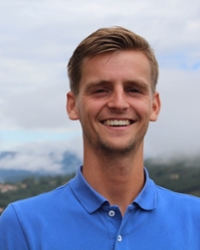
PhD Researcher
Click for more ...
It is a familiar phenomenon: you ask the assistant on your phone to call your mother, but it calls a friend instead. Tom Kouwenhoven investigates how humans and Artificial Intelligence (AI) can better communicate with each other, so that these kinds of situations will no longer occur in the future.
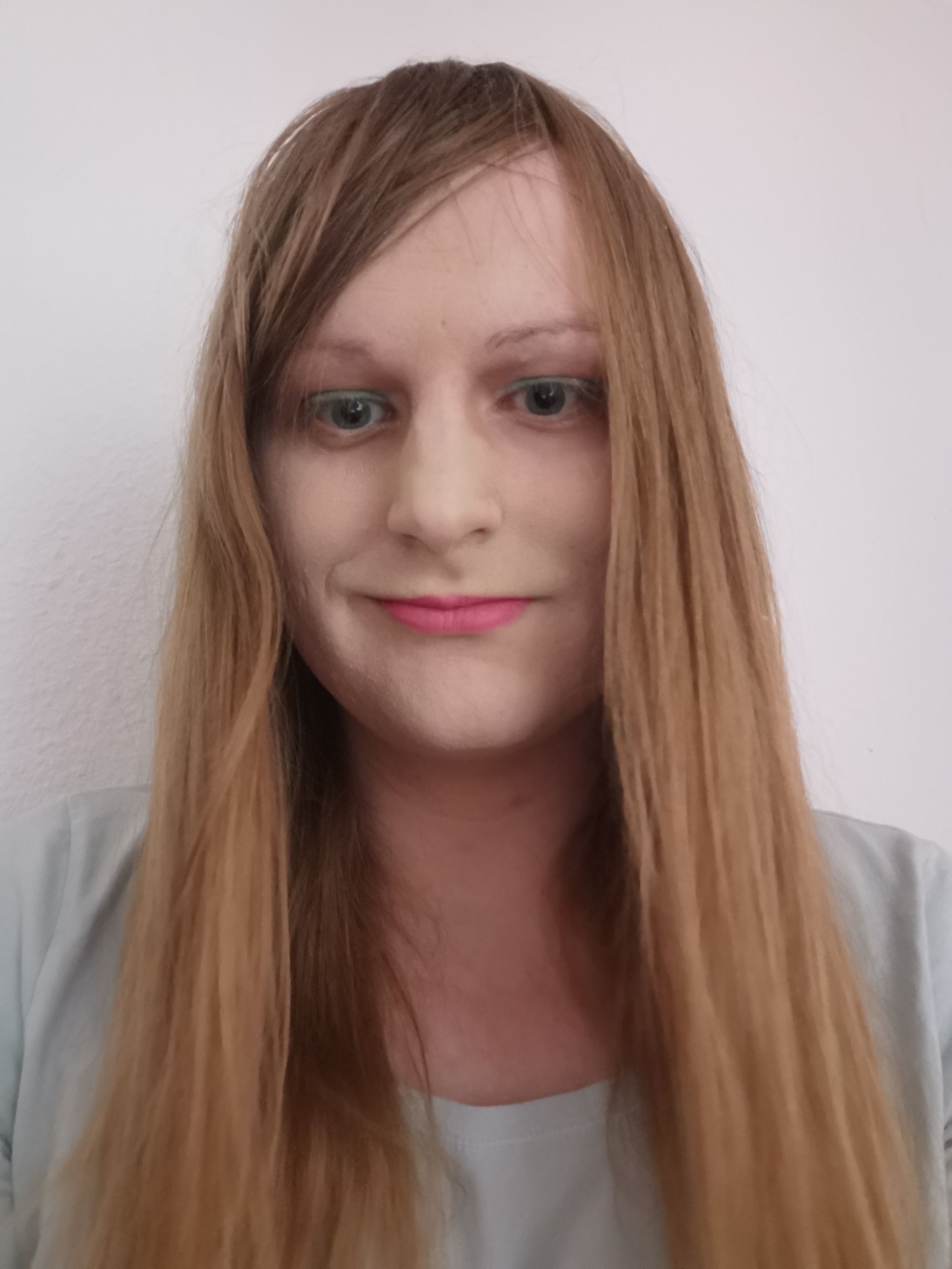
PhD Researcher
Click for more ...
About Me
Ramira is a PhD Candidate specialised in Agent Modelling, Linguistics, and Theory of Mind. She performs her research under Max van Duijn, studying decision-making in human-machine collaboration. Using her background in Artificial Intelligence, she works toward a future where humans and machines can work together through discourse and mutual understanding. Her current research focuses on the development of ‘common ground’ through theory of mind, where she studies the effects tacit, limited and explicit communication in cooperative scenarios with incomplete information.
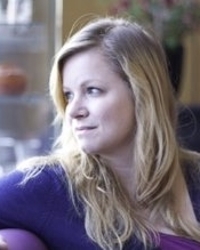
PhD researcher
Click for more ...
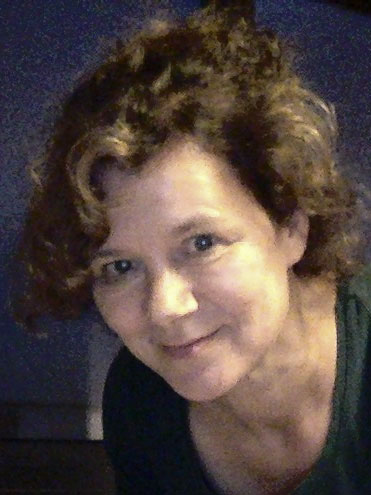
PhD researcher
Click for more ...
About Me
Marianne Bossema is a dual PHD researcher investigating how social robotics and AI can support and enhance creativity with older adults. Extensive research has shown that creative activities can promote the health and well-being of older adults. Social robotics and generative AI offer unique opportunities to keep creative activities accessible and engaging, but there are unanswered questions about how the technology can add value for the elderly. Research on this contributes to their empowerment and well-being, as well as to the development of theories about human-machine co-creativity.
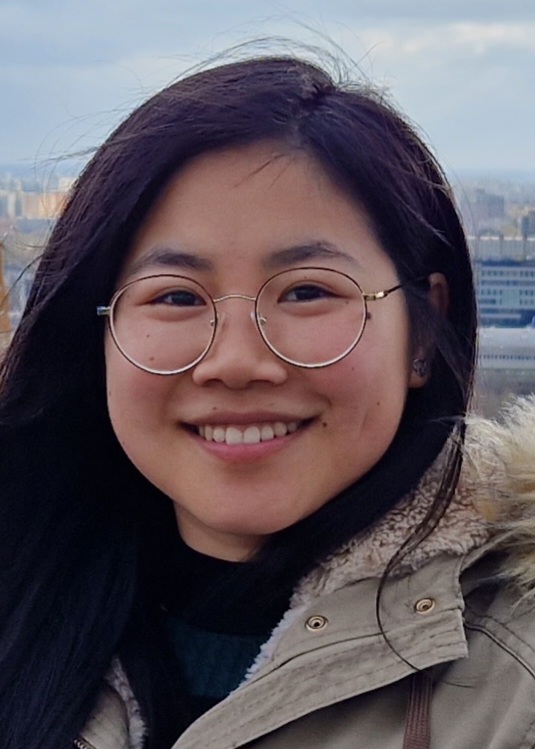
Associate Researcher
Click for more ...
Having recently finished the research Master Linguistics (Utrecht University), I am now working as a research assistant on the "A Telling Story" project. In this project, I focus on children's use of emotional language to investigate socio-cognitive competence and the link with Theory of Mind.

PhD researcher
Click for more ...
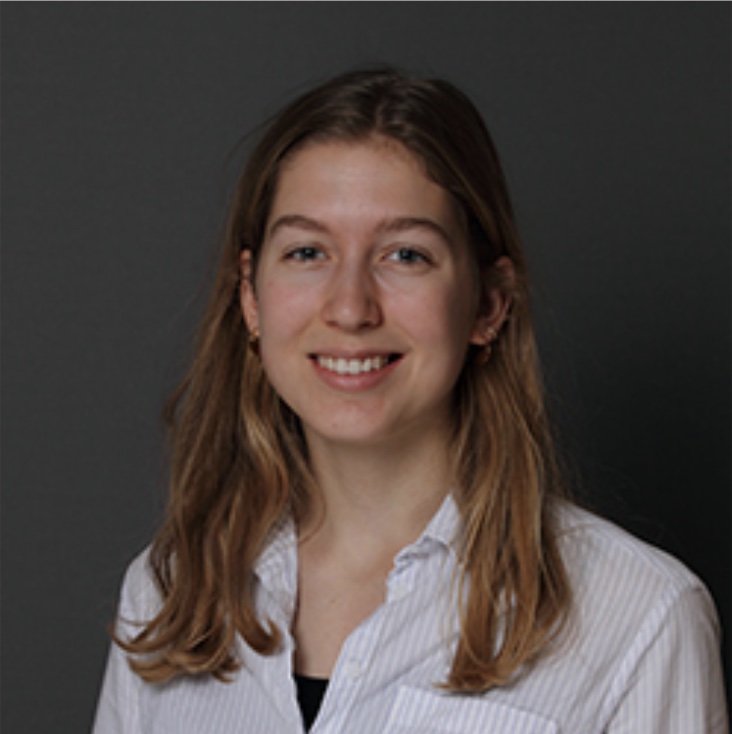
Click for more ...
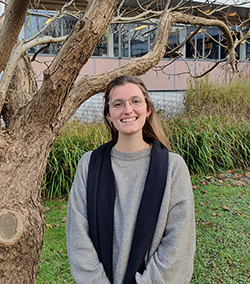
Click for more ...

Click for more ...
About Me
Former PhD student supervised by Tessa Verhoef
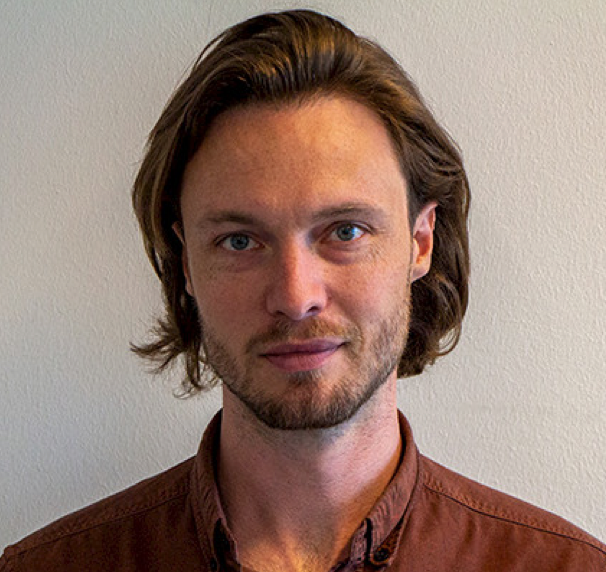
Click for more ...
About Me
Werner de Valk has a background in Cognitive (Neuro) Psychology (University of Amsterdam) and Unstable Media (Gerrit Rietveld Academy). He feels most at home at the intersection of art, psychology and technology: akin to where Creative Intelligence Lab operates. He’s working on several projects at this intersection (primarily sound-art based) and writes short stories. At CIL, he collaborates with Max van Duijn and Bram van Dijk on the A Telling Story project.
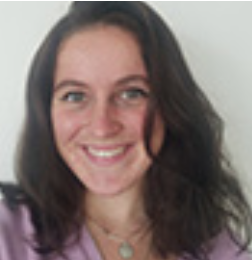
Click for more ...
About Me
After a multidisciplinary background in cognitive sciences at McGill University (Montreal, Canada), I am now pursuing my master's in applied cognitive psychology at Utrecht University. Having interests in social cognition and Theory of Mind, I joined the CIL to collaborate on the A Telling Story project.